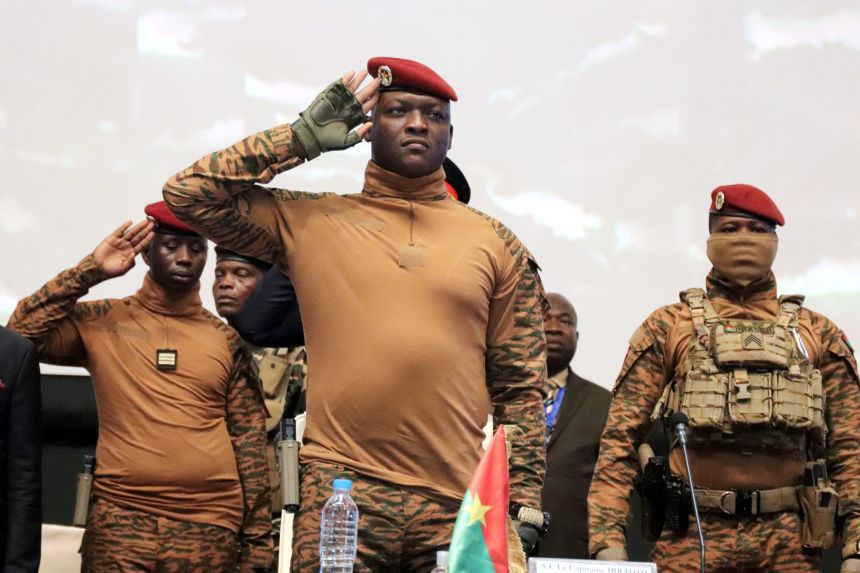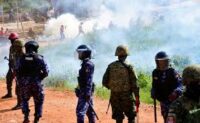Burkina Faso’s transitional parliament has unanimously passed a new law banning homosexual acts, marking a significant shift in the country’s legal stance on same-sex relationships. The measure, approved on Monday, introduces penalties of two to five years in prison and fines, with foreign nationals convicted under the law facing deportation.
Justice Minister Edasso Rodrigue Bayala confirmed the details on state media, stating that the legislation is now awaiting the signature of military leader Captain Ibrahim Traoré, who seized power in 2022 after ousting Lt Col Paul-Henri Damiba.
Until now, Burkina Faso had been one of 22 African nations where same-sex relations were not criminalized, a rarity on a continent where many countries impose harsh penalties—including death sentences—for homosexual acts. The new law aligns Burkina Faso with a broader wave of anti-LGBTQ legislation spreading across Africa.
The Sahel nation, which gained independence from France in 1960, did not inherit anti-homosexuality laws unlike many former British colonies. However, its socially conservative and deeply religious society has long resisted LGBTQ acceptance.
The crackdown mirrors developments in neighboring Mali, also ruled by a military junta, which recently criminalized homosexuality. Other African nations, including Nigeria, Ghana, and Uganda, have also tightened restrictions. Uganda introduced some of the harshest measures globally, making “aggravated homosexuality” a capital offense and imposing life sentences for consensual same-sex relations.
Internationally, these legislative shifts have drawn sharp criticism. Institutions such as the World Bank have previously imposed restrictions on countries adopting anti-LBGTQ laws, though enforcement has been inconsistent. Critics argue that such policies violate fundamental human rights and fuel discrimination across the continent.














Leave a comment